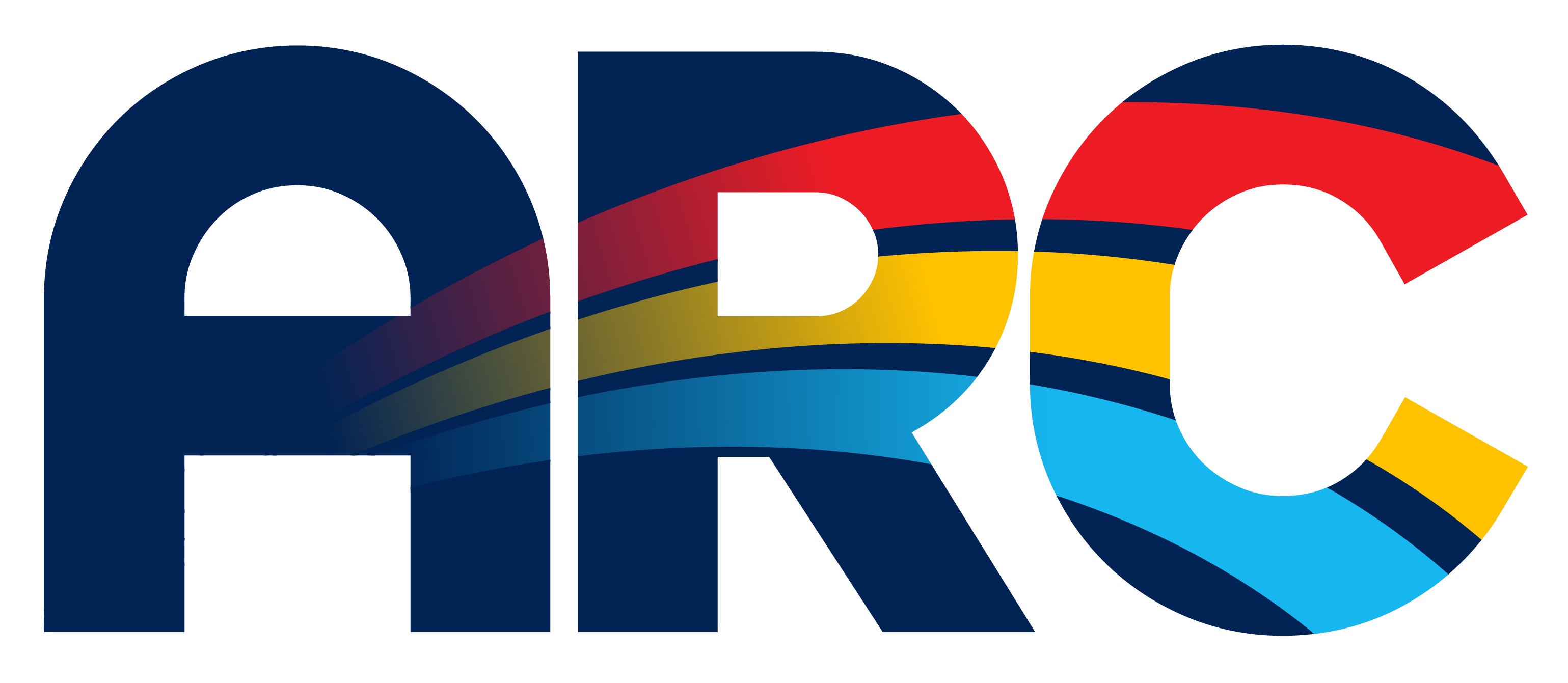Integrating faith and Christian living with radio programming: A study of listener's perception of selected programmes on Babcock Hope FM
Presenter Status
Lecturer, Mass Communication
Second Presenter Status
Lecturer, Mass Communication
Third Presenter Status
Lecturer, Mass Communication
Presentation Type
Oral Presentation
Session
Communication
Location
Buller Hall Room 108
Start Date
5-5-2016 9:25 AM
End Date
5-5-2016 9:45 AM
Presentation Abstract
Key tools and strategies of evangelism that the Seventh Day Adventist Church has adopted towards the achievement of the great commission as enunciated in the book of Mathew 28:19, are health, education and media. Significant efforts have been made through the establishment of health, educational and media institutions in projecting its message to the world. In Nigeria, Babcock University is one of such institutions closely affiliated to the world church by its vision to be a first class faith-based institution of higher learning. Babcock University supports the World Church’s mission through the establishment of Hope FM, a campus radio station in addition to Adventist World Radio on its campus. These radio stations serve evangelism purposes in meeting the founding objective of raising servant-leaders and in meeting proprietor’s holistic educational objectives. Using four faith and health-oriented radio programs as points of reference, the study adopted the survey method and the purposive sampling technique, to examine how Babcock Hope FM promotes faith and Christian living, through radio programming in its host community. The programs selected were in Yoruba for the non-English speaking listener and English for the English speaking listener. The findings revealed a significant impact of these programs on the listeners in the host community. Premised on these findings, recommendation was made for more audience-involving programs as this will not only help in verifying audience participation, but further clarification of biblical truths to impact the minds and understanding of the listener towards the achievement of deep-rooted conversion.
Biographical Sketch
Dr Helen Odunola Adekoya is a lecturer in the department of Mass Communication, Babcock University, Ogun State, Nigeria. Her areas of interest include health and development communication, advertising and communication theories. Helen has several local and international journal articles to her credit.
Dr Mofoluke Ibidunni Akoja is a lecturer in the department of Mass Communication, Babcock University. Her areas of interest include development communication, development writing and speech writing. Mofoluke has vast experience in designing funding proposals for higher institutions and creative writing.
Dr Omolayo Olusola Jegede is a lecturer in the department of Mass Communication at Babcock University and a vetearan broadcaster. In addition to her lecturing assignment, Dr Jegede manages the Babcock University Hope FM. She has many journal publications and articles to her credit.
Integrating faith and Christian living with radio programming: A study of listener's perception of selected programmes on Babcock Hope FM
Buller Hall Room 108
Key tools and strategies of evangelism that the Seventh Day Adventist Church has adopted towards the achievement of the great commission as enunciated in the book of Mathew 28:19, are health, education and media. Significant efforts have been made through the establishment of health, educational and media institutions in projecting its message to the world. In Nigeria, Babcock University is one of such institutions closely affiliated to the world church by its vision to be a first class faith-based institution of higher learning. Babcock University supports the World Church’s mission through the establishment of Hope FM, a campus radio station in addition to Adventist World Radio on its campus. These radio stations serve evangelism purposes in meeting the founding objective of raising servant-leaders and in meeting proprietor’s holistic educational objectives. Using four faith and health-oriented radio programs as points of reference, the study adopted the survey method and the purposive sampling technique, to examine how Babcock Hope FM promotes faith and Christian living, through radio programming in its host community. The programs selected were in Yoruba for the non-English speaking listener and English for the English speaking listener. The findings revealed a significant impact of these programs on the listeners in the host community. Premised on these findings, recommendation was made for more audience-involving programs as this will not only help in verifying audience participation, but further clarification of biblical truths to impact the minds and understanding of the listener towards the achievement of deep-rooted conversion.



